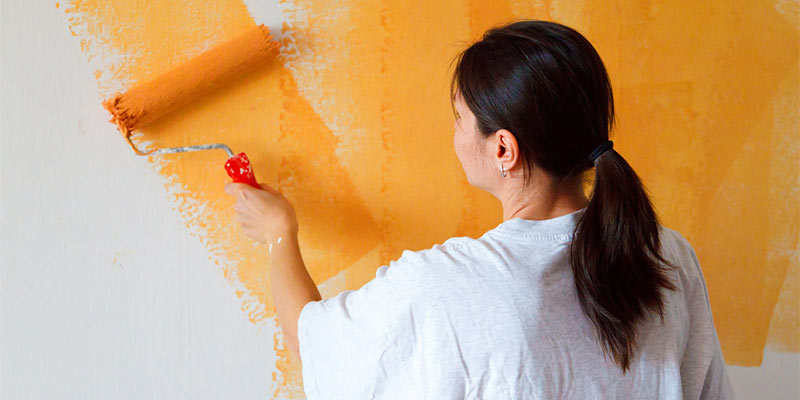
Moving house is frequently cited as being one of life’s most stressful experiences. Uprooting your whole life and moving it to a new location is always going to be stressful. This could perhaps go some way towards explaining then why a recent survey conducted by online estate agent Zoocasa concluded that 56% of homeowners last year chose to renovate their existing property, rather than moving. This is a huge volume of people across the UK who are currently completing or considering some form of buildings works at their home. With this in mind, here are some top tips that will ensure the renovations go smoothly and your home is as good as new in record time.
1. Plan every detail
Plans will always be liable to change, particularly in home renovations where each step will open up new ideas and slightly change the direction of a project. Despite this, it is always best to enter a project with a clear idea of what you would like the ultimate end result to be. Storming ahead into a project without first carefully mapping out colour schemes and layout designs could leave you with a final space that is neither practical nor aesthetically pleasing. Plus one of the biggest time wasters on big renovations is decision making in the middle of a project. You don’t want to still be considering paint samples when the walls are plastered and your buildings are waiting on an answer. Having to pay such contractors for extra time on site is also incredibly costly and a major factor in pushing projects over budget.
2. Budgeting is key
One of the things you can be certain of when embarking on a property redesign is that however much you budget to spend, it is going to cost more! A key way to avoid the stress of running out of money before the work is complete is to always allow for a contingency fund in your budget – a pot of money that you hope not to spend but that is there as a safety net if you need it. You also need to be realistic when setting out your initial budget – underestimating all of your costs in order to force your plans to fit within your budget is only going to land you in financial difficulties further down the line. It is also sensible to shop around and not buy the first thing you see, whether that is a bathroom suite or wooden flooring. Check that prices are competitive verses other stores and it is always worth haggling on the advertised price, particularly at independent stores – the worst they can say is no!
3. Be realistic with timings
Even with the best of planning, it is likely that there will be unforeseen delays to your project that may push you behind schedule. Therefore, much like your budget, you should be generous with your timescales to ensure you finish as close to your deadline as possible. Whilst you shouldn’t overestimate a job, giving your builders an excuse to work below their full capacity, you should allow a reasonable amount of time to get everything done. Plus, if you do finish ahead of schedule, it will be incredibly satisfying to be able to enjoy your revamped home far sooner than anticipated.
4. Make sure you’re covered
Another key consideration, and one that is frequently overlooked by people when they are updating their homes is insurance cover. Most insurers will class even the simplest cosmetic changes as renovation works. This means you will always need to inform them of any proposed changes to your home in order to ensure your cover is valid. Some insurers may not be able to continue your policy during your home improvements, meaning you may have to look to find a specialist renovation insurer who can fully cover your home and contents while it is being transformed.
